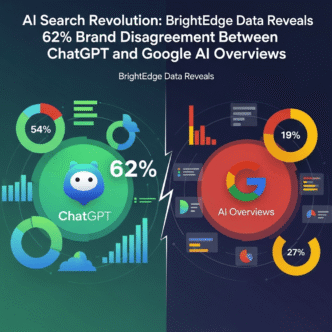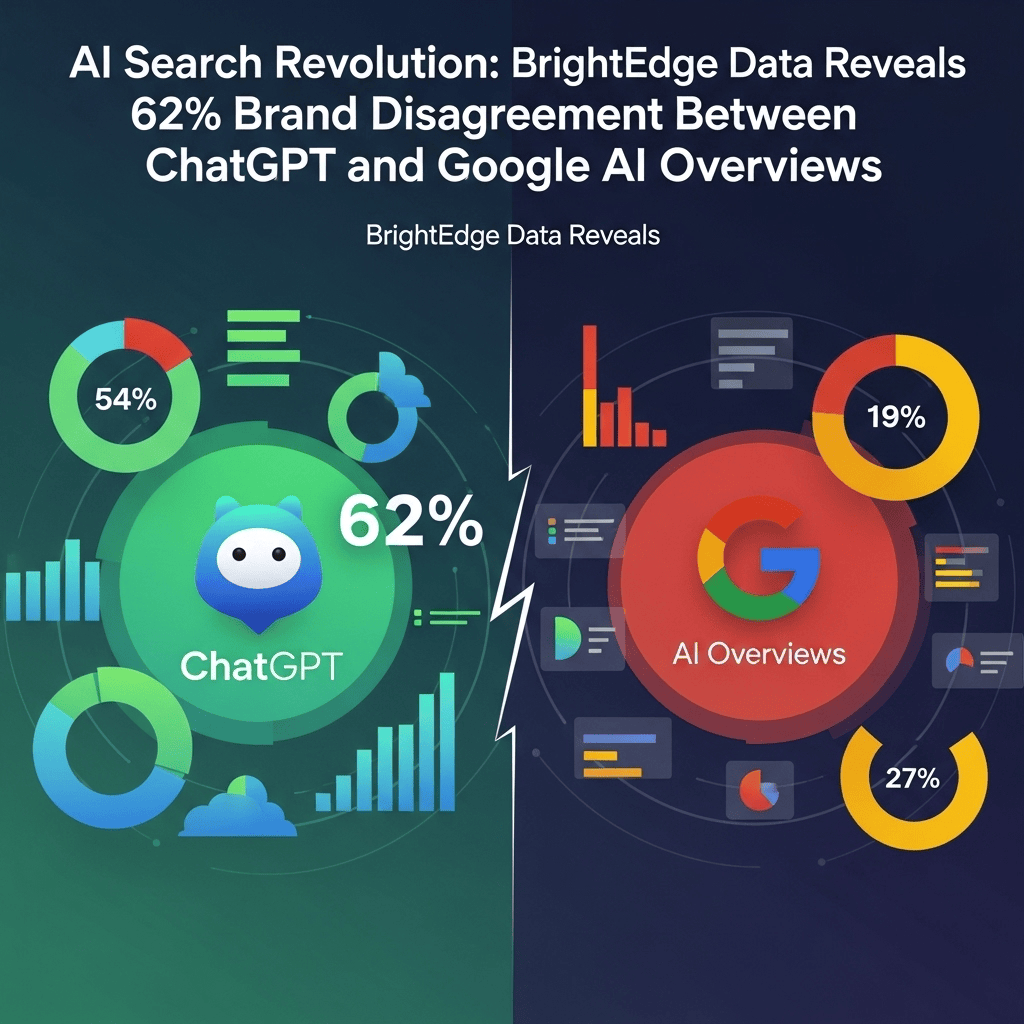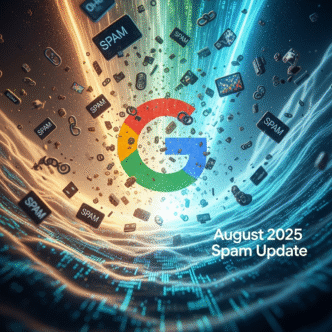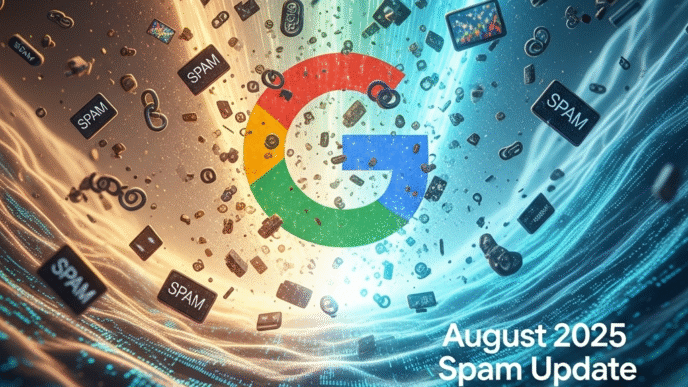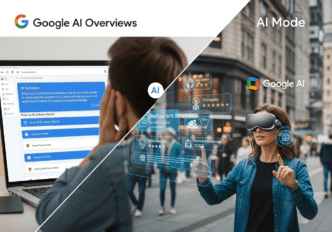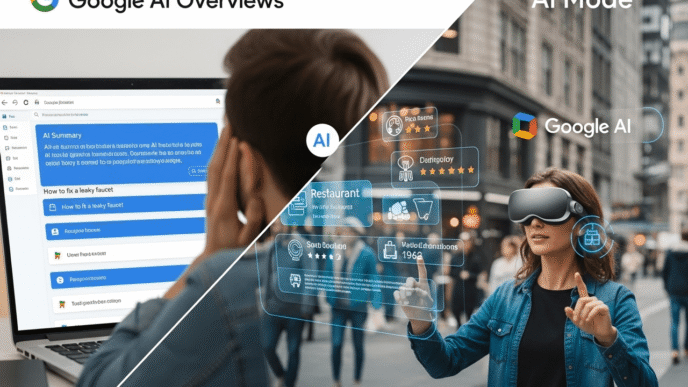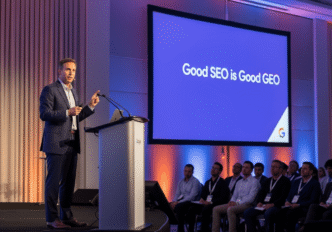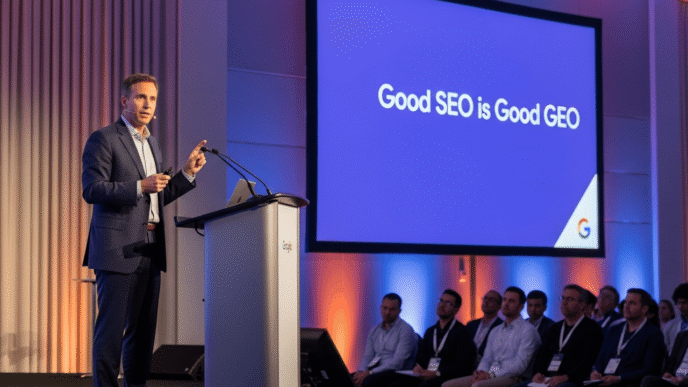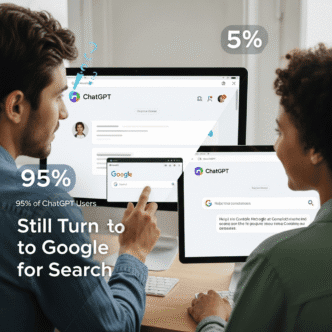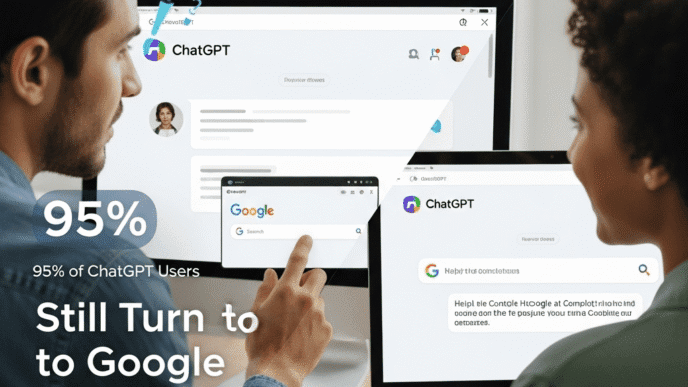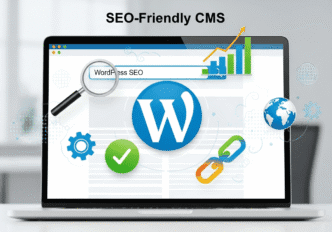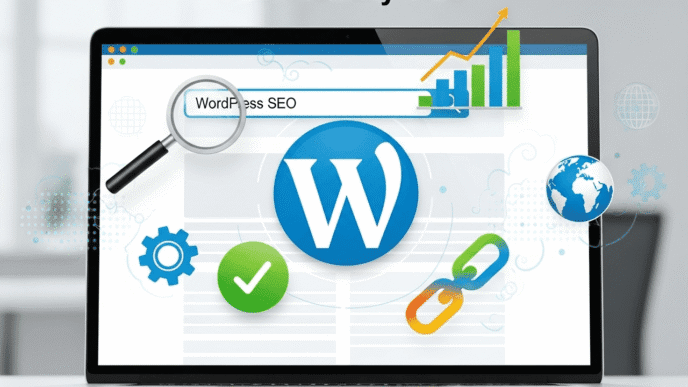New research from BrightEdge exposes massive visibility gaps between AI platforms, offering brands unprecedented opportunities to capture untapped market share in the rapidly evolving search landscape.
Table of Contents
Toggle
The Numbers Tell a Shocking Story
The artificial intelligence search landscape has reached a critical inflection point, with new data revealing fundamental fractures in how major AI platforms recommend brands to users. According to BrightEdge’s comprehensive analysis of tens of thousands of identical queries across ChatGPT, Google AI Overviews, and Google AI Mode, the platforms disagree on brand recommendations a staggering 61.9% of the time.
Perhaps even more striking: only 17% of queries result in the same brand recommendations across all three platforms, while a mere 33.5% of queries trigger any brand mentions from all platforms simultaneously. This fragmentation represents what BrightEdge research calls “massive untapped visibility opportunities” for businesses willing to optimize across multiple AI ecosystems.
The citation patterns reveal even deeper divisions. ChatGPT mentions brands 3.2 times more than it cites them (2.37 mentions vs. 0.73 citations), operating more like a trusted advisor drawing from training data. In stark contrast, Google AI Overviews cite brands 2.4 times more than they mention them (14.30 citations vs. 6.02 mentions), functioning as a citation-heavy curator that prioritizes source attribution.
Google AI Mode takes this approach even further, citing brands 6 times more than mentioning them (9.49 vs. 1.59), demonstrating the most selective recommendation strategy of the three platforms.
Expert Insights: The Great AI Divide
The shift toward generative AI search isn’t just changing how consumers find brands—it’s reshaping entire industries. Brands know they need to participate, but are flying blind in this evolving landscape. BrightEdge AI Catalyst removes uncertainty, providing clarity, strategic insights, and actionable optimizations so brands can confidently claim their space in this new frontier.”
— Jim Yu, CEO and Co-founder of BrightEdge
“ChatGPT operates like a brand recommender with minimal sourcing, while Google positions itself as citation-first with wide coverage. This mismatch creates opportunities for brands that can align to both trust-driven recommendations and source-backed visibility.”
— BrightEdge Research Team
Industry experts point to a fundamental philosophical difference driving these disparities. ChatGPT’s “trusted coach” approach processes information differently than Google’s AI, particularly for action-oriented queries that demand immediate utility. When users want to compare options, both platforms tend to agree. However, when users want to take action, they diverge dramatically—ChatGPT surfaces products, apps, and task-based tools, while Google surfaces guides, articles, and institutional content.
This split isn’t random, according to BrightEdge’s analysis. The research indicates that ChatGPT favors trusted brands, Google AIO emphasizes breadth of coverage with more brand mentions per query, and Google AI Mode selectively recommends brands.
The Commercial Intent Goldmine
The research reveals a critical trigger for brand visibility across all platforms: commercial intent language. Queries containing phrases like “buy,” “where,” or “deals” generate brand mentions 65% of the time across all platforms, suggesting that these kinds of high-commercial intent searches are the most valuable for brand visibility.
BrightEdge’s platform analysis also uncovered platform-specific language preferences. ChatGPT is far more likely to use words like “offers,” “provides” or “enables” implying they are describing what products or shopping locations can do for the user. This 3x difference in functional language usage reveals fundamental differences in how these platforms conceptualize brand recommendations.
Strategic Recommendations for Multi-Platform Success
Based on the comprehensive data analysis, here are the expert-backed strategies for maximizing brand visibility across AI platforms:
1. Optimize Once, Rank Everywhere Strategy
This convergence proves you don’t need separate websites or radically different content strategies for each platform. The winning approach? Create comprehensive content that showcases your selection while explaining your unique value.
2. Commercial Intent Optimization
Commercial intent language (e.g., “deals,” “where to buy”) drives 4–8x higher mentions than informational queries
- Target “where to buy,” “best deals,” and comparison-focused queries
- Create dedicated landing pages for action-oriented searches
3. Platform-Specific Content Approaches
Desktop content should be more detailed with citation opportunities. Consider different content approaches for each platform
- For ChatGPT: Emphasize functional language and trust signals
- For Google AI Overviews: Prioritize citation-worthy, comprehensive coverage
- For Google AI Mode: Focus on authoritative content with strong citation backing
4. Authority Building Tactics
The Brand Authority Play: ChatGPT’s reliance on training data means established brands with strong historical presence can capture mentions without needing fresh citations
5. Citation Network Development
The Volume Opportunity: Google AI Overview’s hunger for brand mentions means there are 6+ available slots per relevant query, with clear citation paths showing exactly how to earn visibility
The Growing AI Search Market
AI Overviews now appear in over 11% of Google queries, a 22% increase since debuting last year. Impressions on all content have skyrocketed by over 49% since the launch of AI Overviews, while click-throughs have steadily declined, with a nearly 30% reduction since May 2024.
ChatGPT agent activity doubled between July and August 2025, representing 2X the number of users asking ChatGPT questions in a single month.
Platform Performance Metrics
Google AI Overviews dominate: Google’s AI Overviews surfaced brands in 36.8% of queries, while ChatGPT led in just 3.9%.
Brand density: Google AI Overviews averaged 6.02 brands per query, more than 2.5x higher than ChatGPT’s 2.37 and far ahead of AI Mode’s 1.59.
Silence rates: ChatGPT offered no brand mentions in 43.4% of queries. Google AI Mode stayed silent 46.8% of the time, compared to just 9.1% for AIO.
Industry-Specific Impact Analysis
The BrightEdge research reveals varying disagreement rates across sectors:
Healthcare: 62% platform disagreement
- When comparing medical info sites, both suggest CDC and WebMD
- When asked “how to find a doctor,” ChatGPT pushes Zocdoc while Google points to hospital directories
B2B Technology: 47% platform disagreement
- Both suggest AWS and Azure for cloud platforms
- For “how to deploy an app,” ChatGPT recommends tools like Kubernetes while Google offers tutorials
Finance & Education: Similar patterns with comparison vs. action-based queries showing the greatest divergence
Final Thoughts: The New Search Reality
The AI search landscape represents more than an evolution—it’s a complete revolution in how information is discovered, processed, and acted upon. With ChatGPT creating digital marketplaces and Google’s AI Overviews acting as selective curators, with users asking increasingly complex questions, and with mobile and desktop experiences diverging dramatically, the landscape demands new strategies.
With Google still commanding approximately 90% of global search market share, brands cannot afford to choose between AI optimization and traditional search presence; nor can they use disparate solutions to address each platform piecemeal — they need a comprehensive solution that excels across the entire search ecosystem.
Success in this new landscape requires abandoning the assumption that visibility translates equally across AI platforms. The rise of AI agents has created a new battleground where visibility is no longer about rankings or clicks; it’s about presence across a new class of interfaces.
Frequently Asked Questions
Q: How often do ChatGPT and Google AI agree on brand recommendations?
A: According to BrightEdge data, the platforms disagree on brand recommendations for 61.9% of queries, with only 17% of queries resulting in the same brands across all three platforms.
Q: Which platform mentions the most brands per query?
A: Google AI Overviews averaged 6.02 brands per query, more than 2.5x higher than ChatGPT’s 2.37 and far ahead of AI Mode’s 1.59.
Q: What types of queries trigger the most brand mentions across all platforms?
A: Commercial intent search queries containing phrases like “buy,” “where,” or “deals” generated brand mentions 65% of the time across all platforms.
Q: Do I need separate content strategies for each AI platform?
A: This convergence proves you don’t need separate websites or radically different content strategies for each platform. The winning approach? Create comprehensive content that showcases your selection while explaining your unique value.
Q: How important are citations versus mentions for AI visibility?
A: It depends on the platform. ChatGPT mentions brands 3.2x more than it cites them, while Google AI Overviews cite brands 2.4x more than they mention them. A balanced approach targeting both metrics is most effective.
Q: Is traditional SEO still relevant in the AI search era?
A: Absolutely. With Google still commanding approximately 90% of global search market share, brands cannot afford to choose between AI optimization and traditional search presence.
Q: How can I track my brand’s performance across AI platforms?
A: BrightEdge AI Catalyst provides unified tracking across Google’s AI Overviews, ChatGPT, and Perplexity, allowing brands to monitor performance across the entire AI search ecosystem in one dashboard.
Q: What’s the future outlook for AI search growth?
A: The growth is exponential. ChatGPT agent activity doubled between July and August 2025, while AI Overviews now appear in over 11% of Google queries, indicating rapid mainstream adoption.
Additional Resources
For deeper insights into AI search optimization strategies, explore these comprehensive resources:
Related posts:
- Google AI images PageRank 2025, Google search updates, AI image SEO, Google algorithm news
- AI Search and SEO: How the Industry is Navigating a “26-Mile Sprint”
- Google Launches AI Mode Globally, Unveiling an AI-Powered Search Assistant to 180 Countries
- Google Removes SEO Reference Local Ranking Documentation: What This Means for 2025

